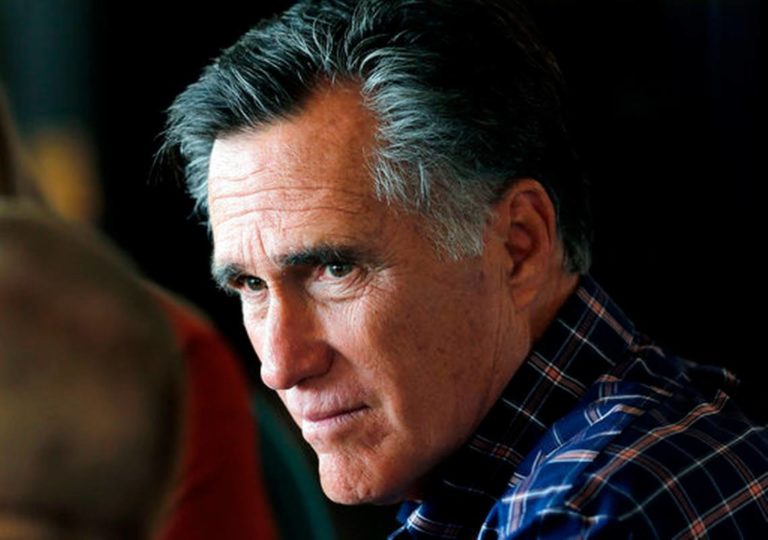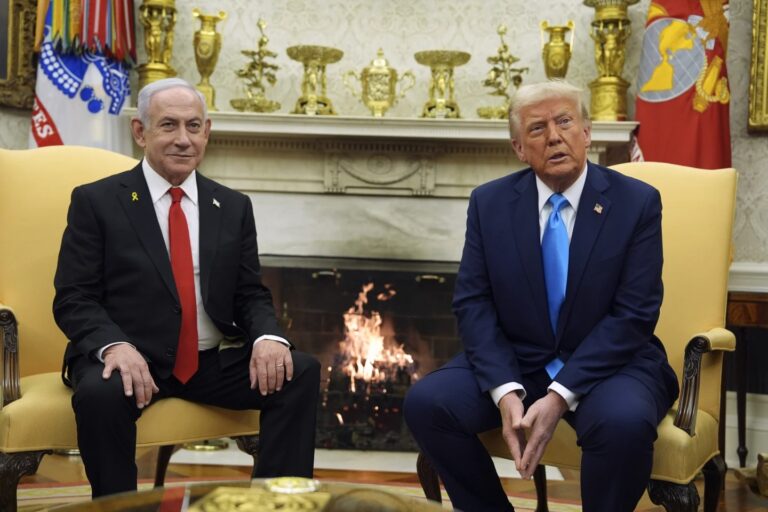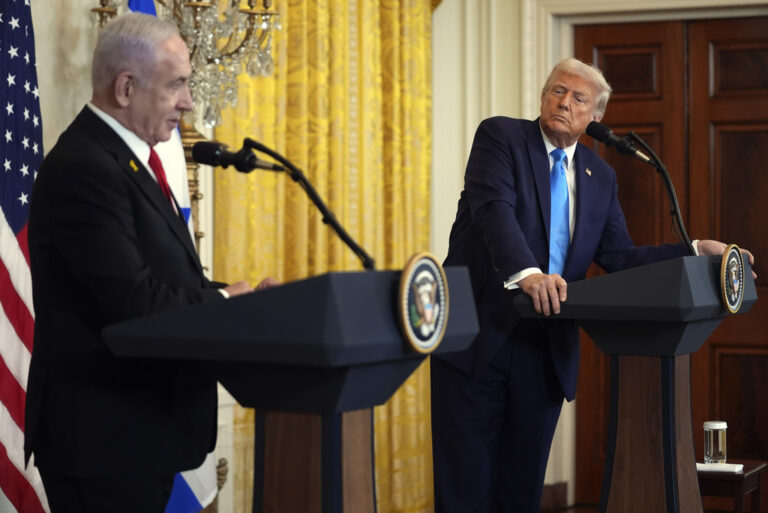U.S. Senate candidate Mitt Romney raised nearly $2 million for his campaign in the past two months, giving him a large financial edge on his Republican opponent in the Utah primary, records show.
The ex-presidential candidate and Massachusetts governor also spent $1.4 million in the period between April and June, according to his filing with the Federal Election Commission.
He has roughly $1.6 million in reserves and $41,000 in debt heading into the primary on Tuesday. Romney previously transferred $1 million from his failed 2012 presidential bid into his Senate campaign.
His opponent, state lawmaker Mike Kennedy, raised $152,000 over the same period and has $66,000 on hand and debt totaling $295,000, according to his campaign filing. He had previously loaned his campaign $250,000 and loaned an additional $45,000 since April.
Kennedy serves in the Utah House and represents a district south of Salt Lake City.
Romney is the favorite in the race, even though he came in a narrow second to Kennedy among mostly conservative-leaning delegates at the state GOP convention in April.
Romney is known in the state for reviving the 2002 Salt Lake City Winter Olympics after a bribery scandal and later becoming the first Mormon presidential nominee of a major political party.
The winner of the Utah GOP primary will go on to face Democrat and Salt Lake County Council member Jenny Wilson in November to fill the seat left vacant by retiring Republican Sen. Orrin Hatch.
Sen. Frank Moss was the last Democrat sent to the U.S. Senate in Utah. He was defeated by Hatch in 1976.
Wilson secured the Democratic nomination at her party’s convention and does not have to run in a primary. As a result, she was not required to file new financial disclosure paperwork. In April, she reported having $94,000 cash on hand.
In Utah’s 3rd Congressional District, which stretches from the suburbs of Salt Lake City to the state’s rural southeast corner, Republican Rep. John Curtis is looking to be elected for his first full term after replacing Jason Chaffetz last year.
He was forced into a primary against businessman Chris Herrod at the April convention after coming up just shy of the 60 percent of delegates needed to win the Republican nomination outright.
Curtis raised $137,000 between April and June and ended the reporting period with $48,000 in cash and debt of $75,000.
Herrod, who previously challenged Curtis in a special election to replace Chaffetz last year, raised $7,500 in the same period and did not report any expenditures. He ended the period with $7,500 in his account.
The winner of the race will face Democrat James Singer, a college professor, in the general election.
(AP)











